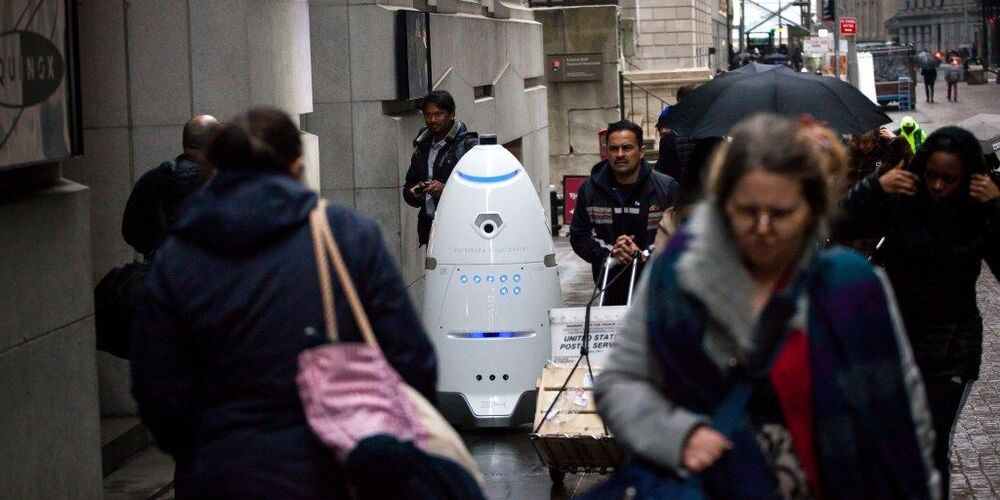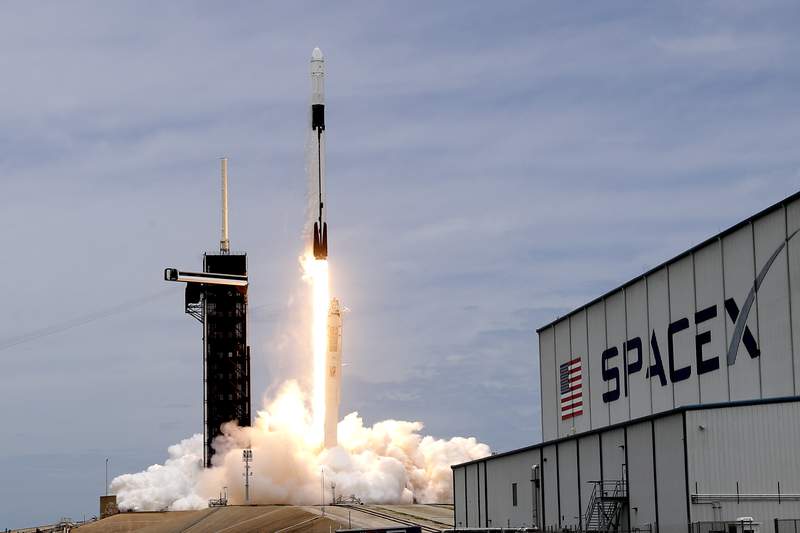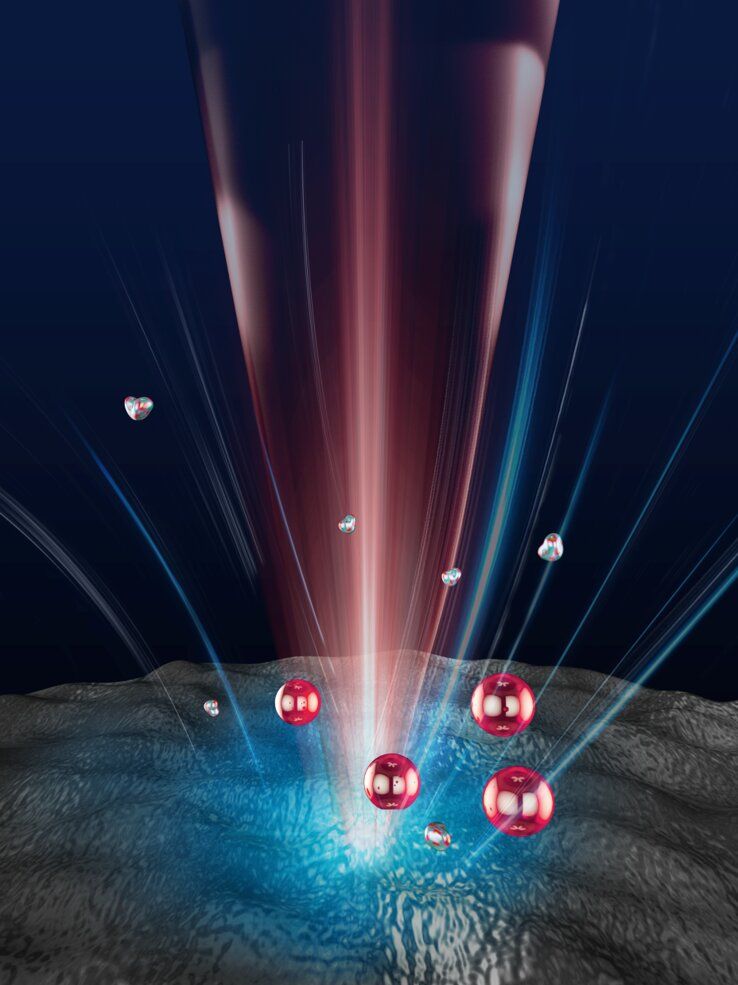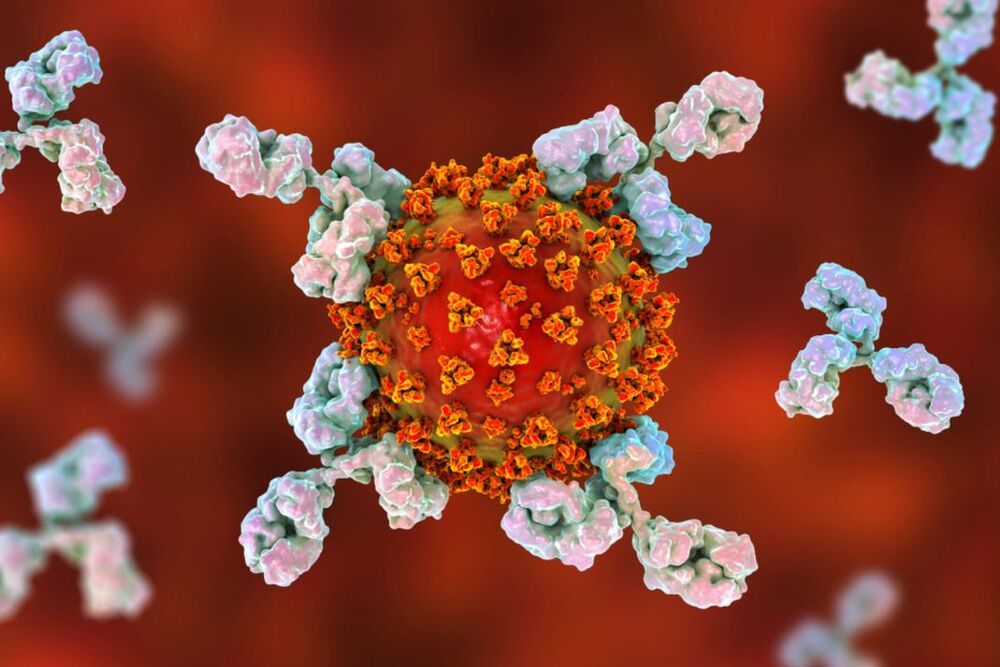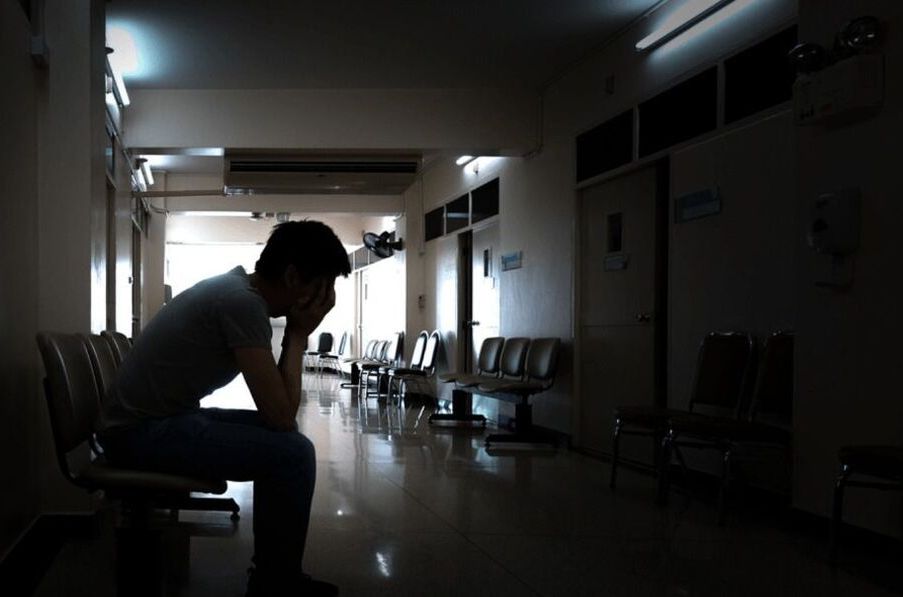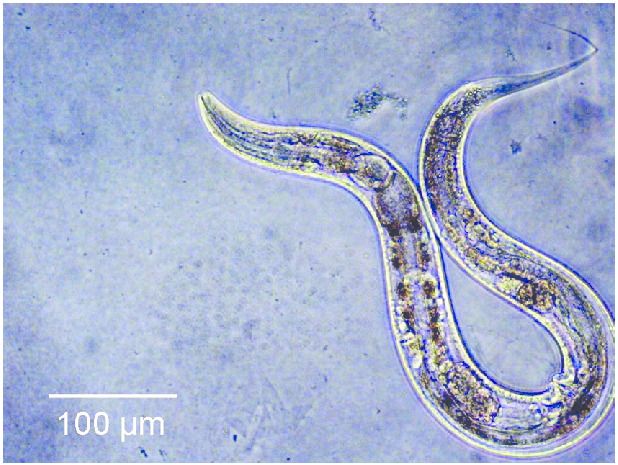“It would be difficult to introduce a single thing and it causes crime to go down,” one expert said.
“Are we seeing dramatic changes since we deployed the robot in January?” Lerner, the Westland spokesperson said. “No. But I do believe it is a great tool to keep a community as large as this, to keep it safer, to keep it controlled.”
For its part, Knightscope maintains on its website that the robots “predict and prevent crime,” without much evidence that they do so. Experts say this is a bold claim.
“It would be difficult to introduce a single thing and it causes crime to go down,” said Ryan Calo, a law professor at the University of Washington, comparing the Knightscope robots to a “roving scarecrow.”
